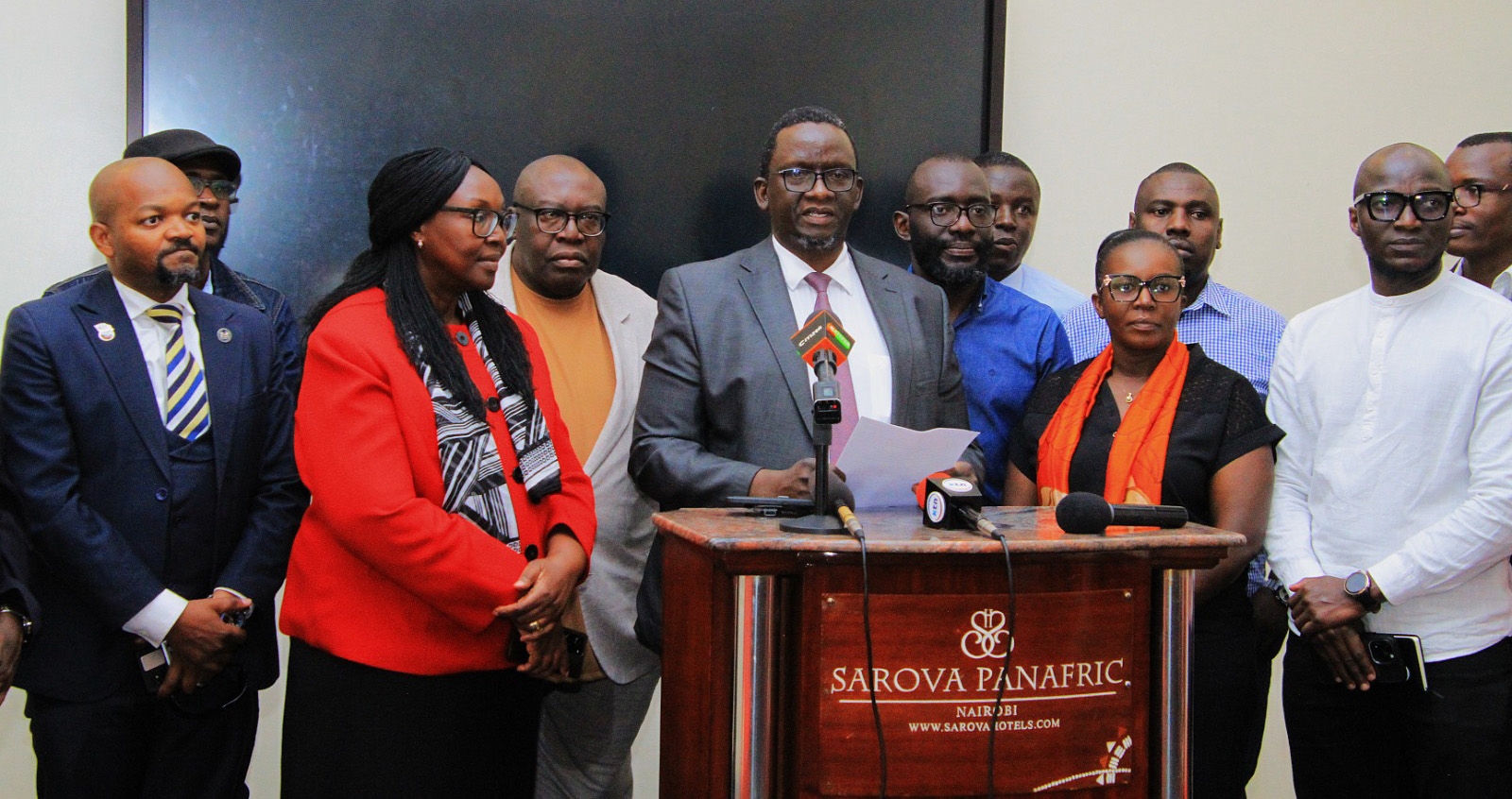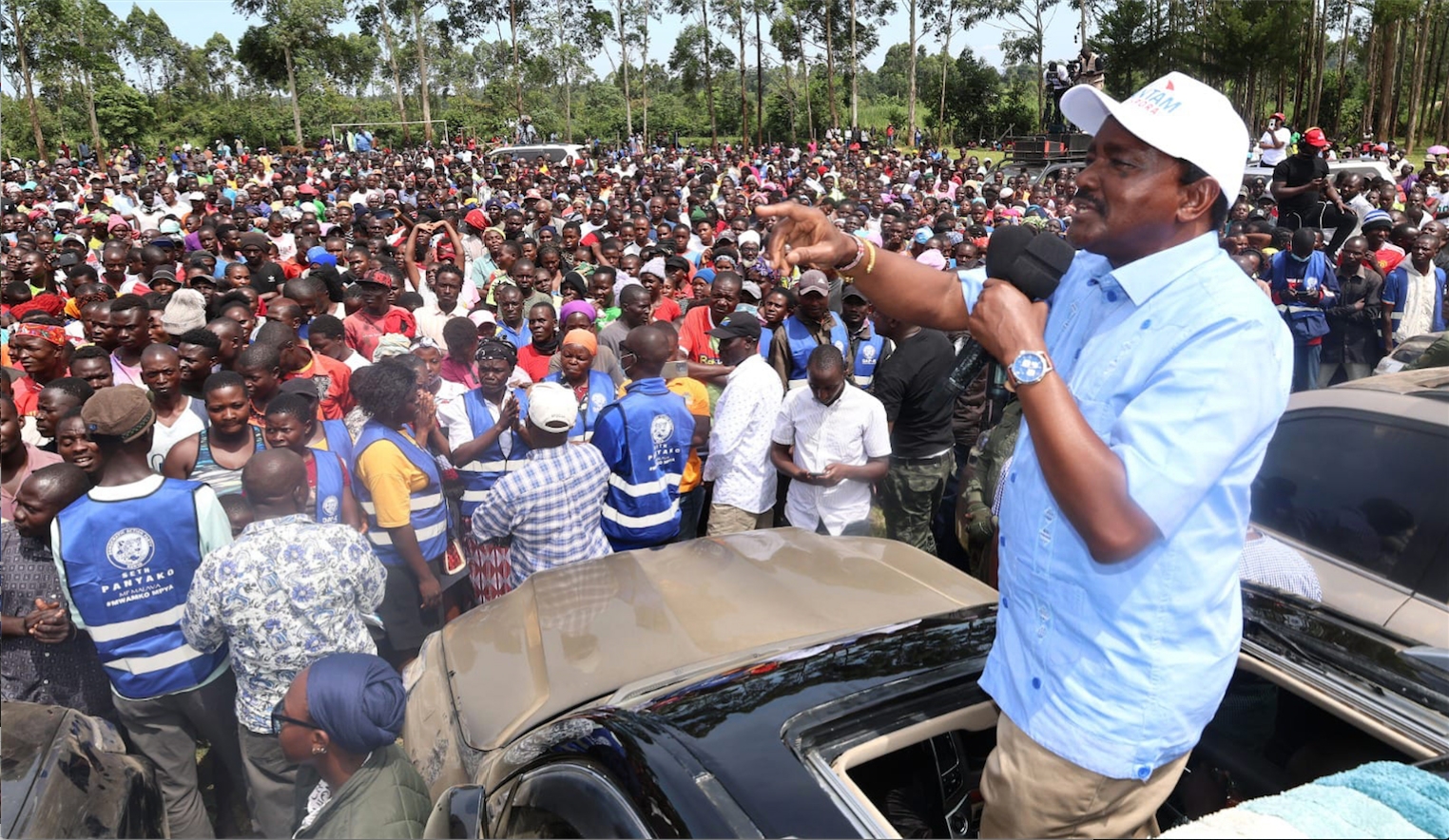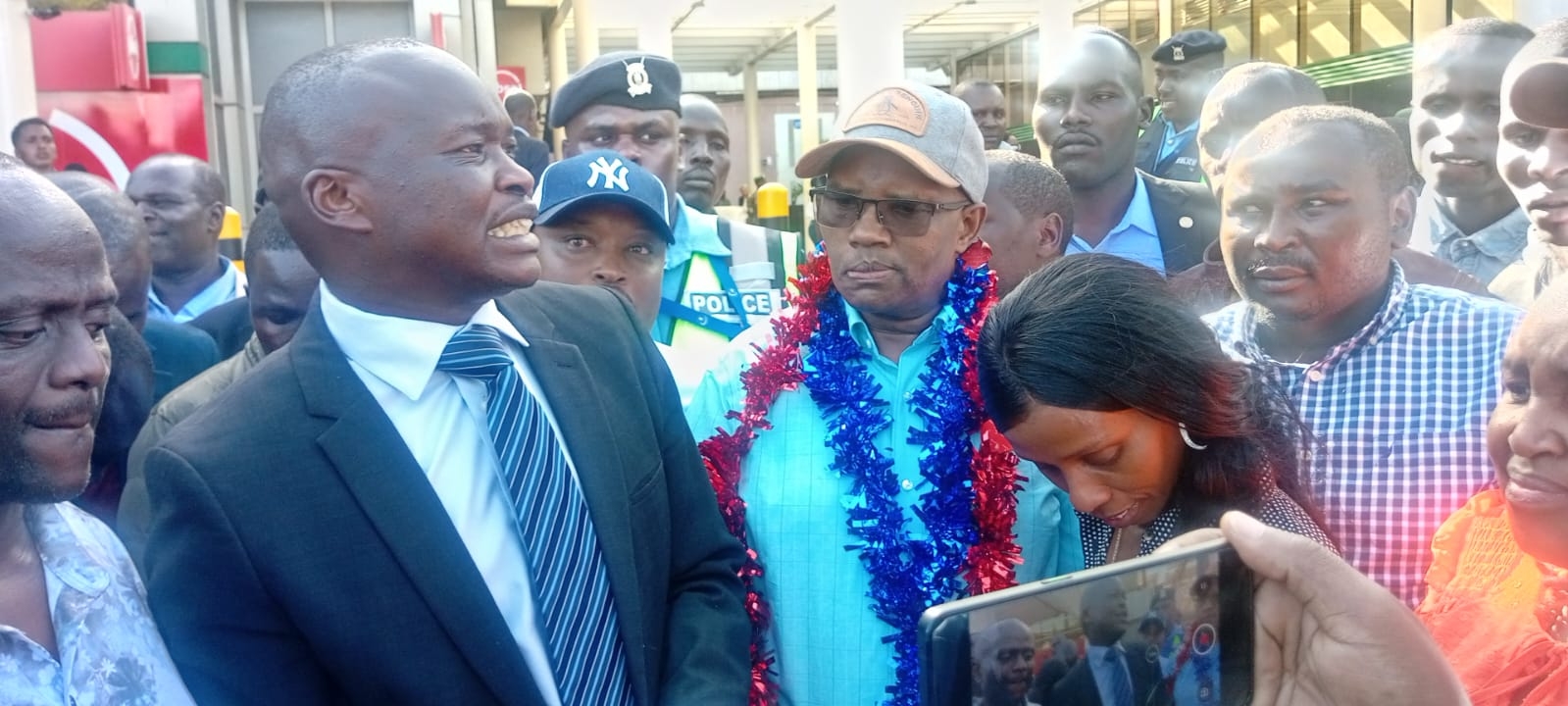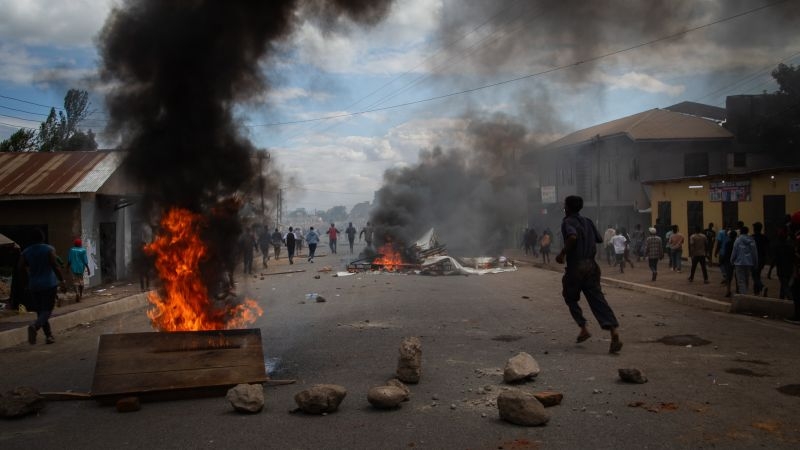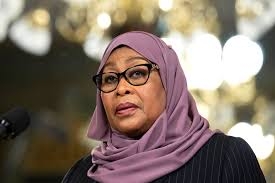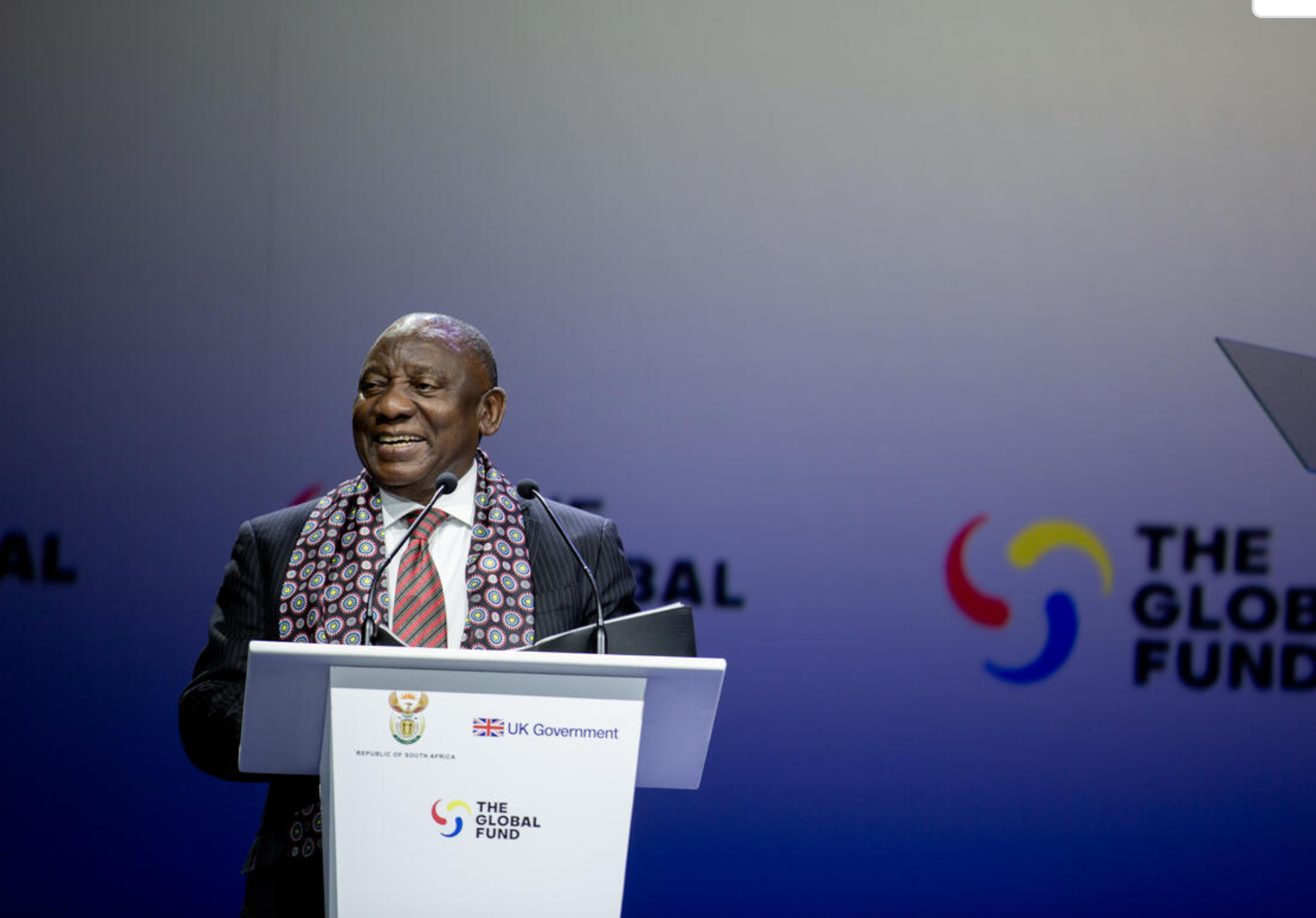 South African President Cyril Ramaphosa speaks during the Global Fund's Eighth Replenishment Summit in Johannesburg on November 21. Photo/ Global Fund.
South African President Cyril Ramaphosa speaks during the Global Fund's Eighth Replenishment Summit in Johannesburg on November 21. Photo/ Global Fund.Donors have pledged US$11.34 billion to the Global Fund, the international partnership that raises and invests money to fight HIV, tuberculosis, and malaria.
The Geneva-based Fund provides 73 per cent of all international financing for TB, 60 per cent for malaria and 24 per cent for HIV.
The new commitments fell short of a $15 billion target, but several donors have yet to confirm their pledges.
The fund said the pledges reaffirmed that global solidarity remains strong.
The pledges were made on November 21 during the fund’s eighth replenishment summit co-hosted by South Africa and the United Kingdom in Johannesburg. This was the first time the summit came to Africa.
“Hosting this replenishment on African soil for the first time symbolises how far we have come – and how far we can go,” he said. “Africa is not only leading in implementation; we are also driving innovation and taking greater responsibility for our own health systems. This partnership embodies solidarity, equity and transformation,” said South African President Cyril Ramaphosa.
The money will be invested in more than 100 hardest hit countries, which include Kenya.
The summit also marked a renewed commitment to work differently by embracing a more agile, country-driven form of partnership that can adapt to a rapidly changing global health landscape, mobilise new donors, and accelerate domestic resource mobilisation for health.
Kenya is yet to pledge any money, according to a list of pledges availed after the conference.
However, the fund has invested US$2.04 billion in Kenya since it was conceived in 2003.
Kenya received US$392.99 million in the just-ended grant cycle 7 (2023-2025), which went to HIV (64 per cent), malaria (20 per cent) and TB (15.6 per cent).
The money, alongside other funding, helped put 1.36 million Kenyans on antiretroviral therapy for HIV as of 2024, provide TB treatment to 100,000 people and distribute 8.84 million insecticide-treated mosquito nets in 2024.
In September 2022, President William Ruto pledged Kenya would contribute US$10 million for the Global Fund’s Seventh Replenishment (covering 2023-2025). But this commitment was never honoured.
On Friday, only two East African countries made new commitments. But the fund said it expects more countries to do so soon.
Tanzania pledged US$1million, and Uganda $3 million. Co-hosts South Africa pledged $26 million and the UK $1.1 billion. The South African private sector pledged an additional US$10 million. Germany pledged $1.15 billion, and the United States $4.6 billion.
The Gates Foundation will give $912 million. The Foundation chair, Bill Gates, praised the Global Fund and called on more countries to make and increase their pledges.
UK Prime Minister Sir Keir Starmer stressed the value of investing in the Global Fund.
“In today’s volatile world, we must prioritise spending that makes a genuine difference and supports both growth at home and globally,” he said.
“That is why we will continue to support the Global Fund, whose work is at the cutting edge of fighting the world’s deadliest diseases. It is an investment in economic growth and stability, and a prime example of our modern approach to development.”
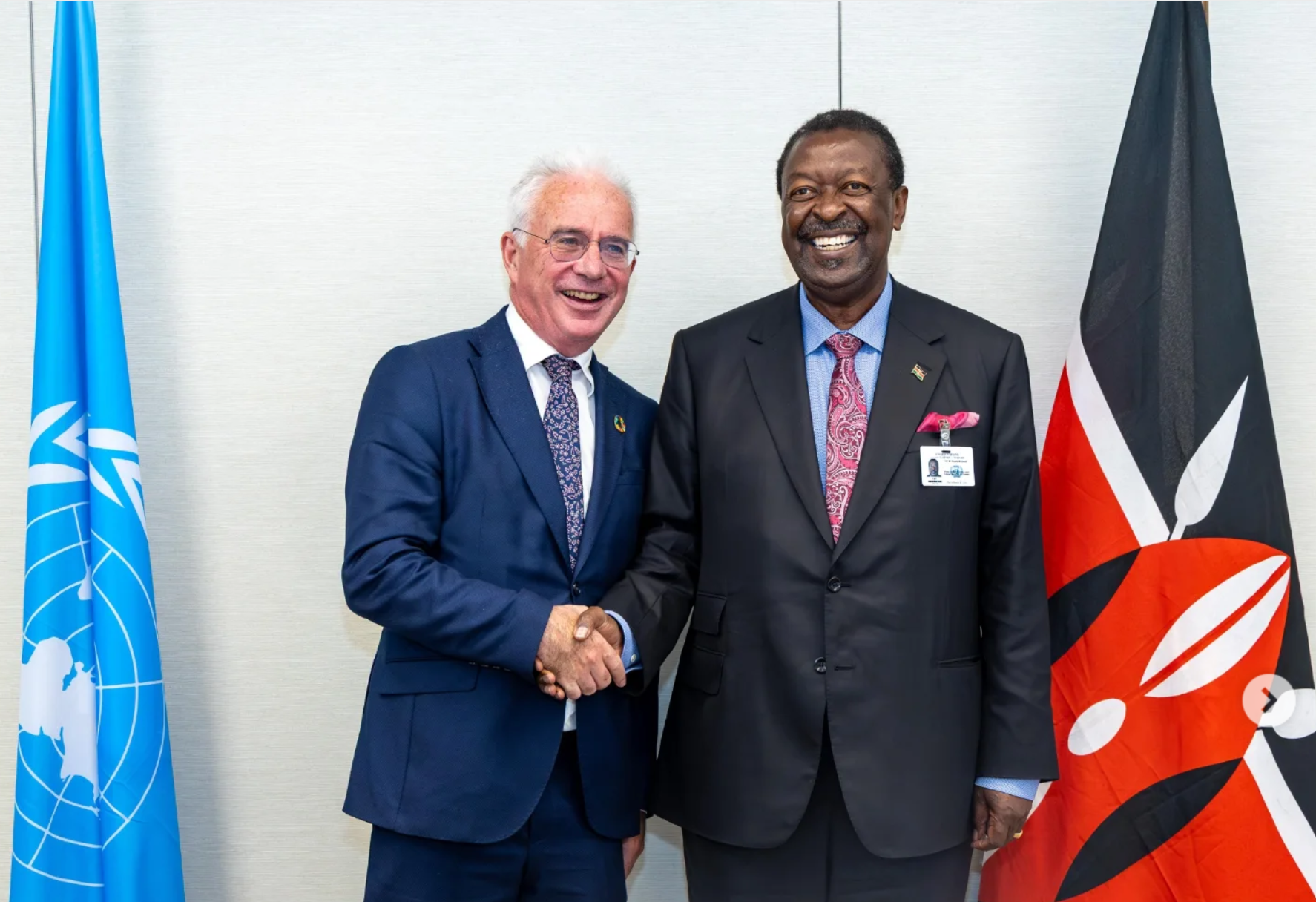 Kenyan Prime Cabinet Secretary with Peter Sands, Executive Director of the Global Fund, in September 2025.
Kenyan Prime Cabinet Secretary with Peter Sands, Executive Director of the Global Fund, in September 2025.Five Heads of State and Government, and representatives from 17 countries, joined the gathering in Johannesburg alongside multilateral partners, philanthropies, businesses, civil society and community networks.
France noted that its support to the Global Fund remains unchanged, but it would only be in a position to confirm its pledge next month. Founding donor Canada pledged $723 million. Spain increased their pledge to $167 million, with Italy pledging $173 million and the Netherlands contributing $169 million. Australia ($171 million) and Norway ($195.7 million) maintained their respective commitments.
Other donors, such as India ($30 million) and Ireland ($83 million), increased their contributions, reflecting continued leadership from G20 countries.
The Republic of Korea ($100 million) maintained its strong commitment to the Global Fund and now qualifies to join a voting constituency of the Global Fund Board, the first time this has happened since 2006.
Commitments from the G20 member states reached US$8.96 billion, reflecting the consensus that the Global Fund is a worthwhile investment in advancing global health.
The pledges from African countries, all of whom are also implementers of Global Fund grants, totalled US$51.59 million.
They noted their pride in announcing these commitments at the first replenishment to be held on the African continent. In making their pledges, African leaders highlighted the significant progress they are making in financing their own health systems to meet the needs of their citizens.
Other private sector pledges came from the Children’s Investment Fund Foundation (CIFF), which pledged a further US$135 million, taking their total additional commitment to US$200 million since the Seventh Replenishment, a significant increase from their previous pledges.
(RED) continued its nearly two-decade partnership with a US$75 million commitment, and other private donors committed a total of US$201.85 million to bring overall Eighth Replenishment support to US$1.34 billion so far, with more pledges to come.
Global Fund said in a statement these investments will accelerate access to new tools, underpin health systems strengthening and global health security work, and support integration to increase efficiency and improve outcomes for women and children.
“In a difficult year, this result shows the world’s confidence in our collective model and its enduring power to deliver results,” said Lady Roslyn Morauta, chair of the Global Fund Board. “But it also shows our determination to adapt – to work smarter, be more efficient and ensure that every dollar delivers maximum impact.”
In parallel, the partnership will step up efforts to support the mobilising of greater domestic resources for health, ensuring countries sustain and grow their own investments to strengthen systems, scale innovations, and drive progress toward universal health coverage.
Nigerian President Bola Ahmed Tinubu said the commitments signal a powerful shift toward partnerships that put countries in the lead, drive innovation, and mobilise sustainable financing for health.
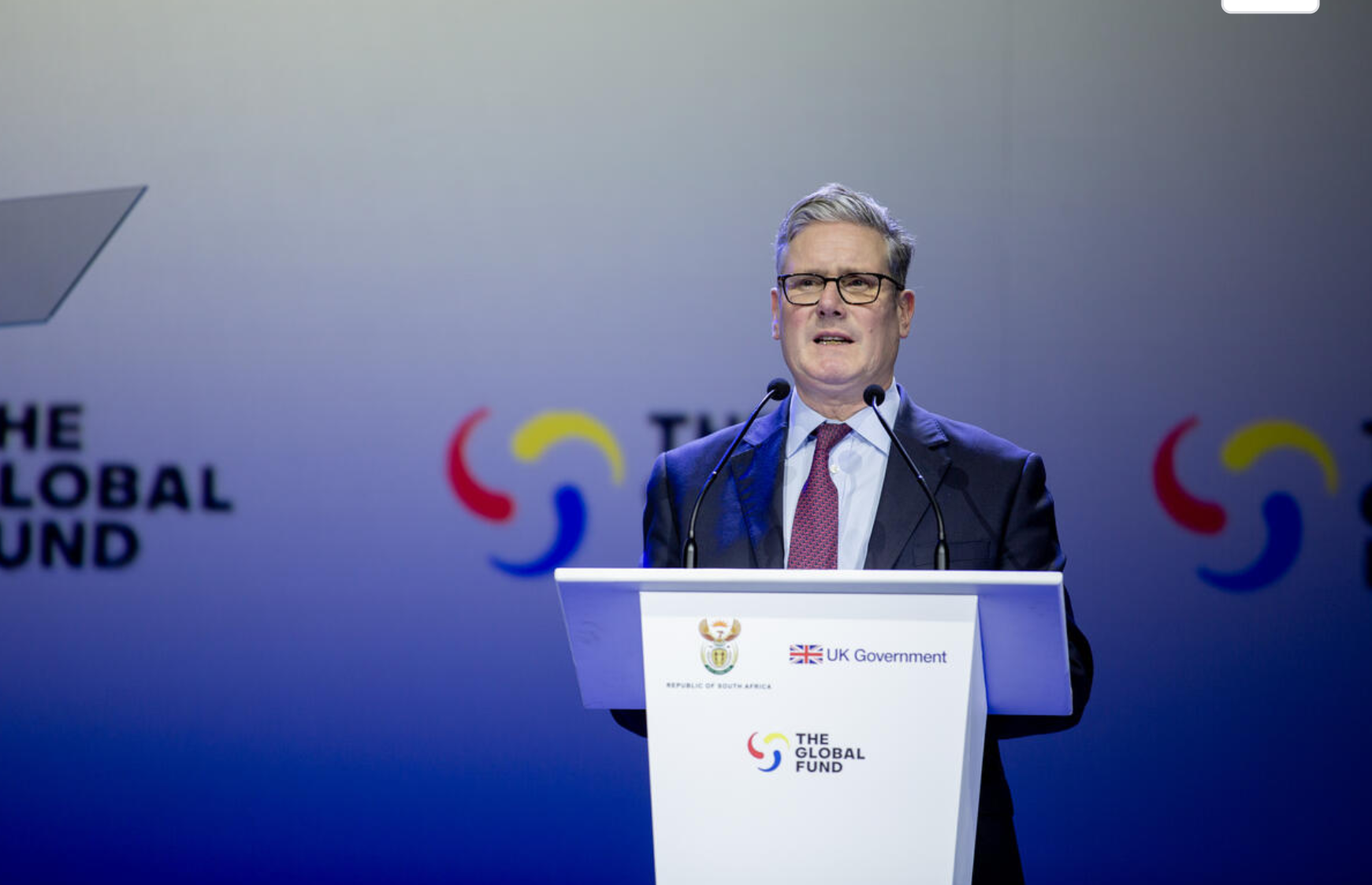 UK British Prime Minister Keir Starmer speaks during the Global Fund's Eighth Replenishment Summit in Johannesburg on November 21, 2025.
UK British Prime Minister Keir Starmer speaks during the Global Fund's Eighth Replenishment Summit in Johannesburg on November 21, 2025.“For Nigeria, this aligns with our deepening investment in our own health system – from expanding primary health care to strengthening surveillance and deploying new tools that bring lifesaving services closer to our people. This renewed spirit of solidarity reinforces our determination to build a more resilient, equitable health system and advance universal health coverage, ensuring that every community, no matter how remote, can access quality care,” he said.
Peter Sands, Executive Director of the Global Fund, framed the outcome as both an achievement and an urgent call for transformation.
“This is a remarkable moment. In a year when many predicted the end of global solidarity, our partners have proven otherwise,” he said. “Thanks to the steadfast commitment of our donors and partners, this Replenishment delivered a remarkable outcome from a remarkable partnership. It shows what the world can achieve when we stand together, even in the toughest of times.”
He added, “These pledges will save millions more lives, but they also mark a turning point. Our model remains strong – but the world around us is changing. We must keep evolving: becoming smarter, faster and more efficient, and ensuring the entire global health system works better for the people it serves.”
Sands highlighted how innovation at scale – from portable digital X-rays to AI for TB screening to long-acting HIV prevention to dual active ingredient insecticide-treated mosquito nets – is reshaping the fight. “Time equals lives; scale equals impact,” he said, committing to a 20 per cent reduction in operating costs and a faster, more data-driven approach to delivery.
The Global Fund is the largest multilateral grant funder of health systems strengthening, with over US$2.7 billion invested in oxygen provision, laboratories, data systems and health workforce training in 2024 alone. These investments benefit all health priorities and reinforce global pandemic preparedness.
Sands noted that such efficiency and collaboration will be critical in a tighter fiscal era: “Money will always be tight, so we must be smarter – strengthening countries’ self-reliance by boosting domestic resource mobilisation, improving public financial management, supporting the growth of regional manufacturing and leveraging pooled procurement. That’s how we build durable systems that can deliver impact long after this Replenishment cycle.”
For Cecilia Lodonu-Senoo, speaking on behalf of the Communities, Developing Country NGOs and Developed Country NGOs Delegations to the Global Fund Board, the pledges made in Johannesburg carry deep meaning.
“For people living with HIV, and for families affected by TB and malaria, these commitments mean access, dignity and hope,” she said. “Communities have always been at the center of this fight – and we will remain at the heart of what comes next.”









